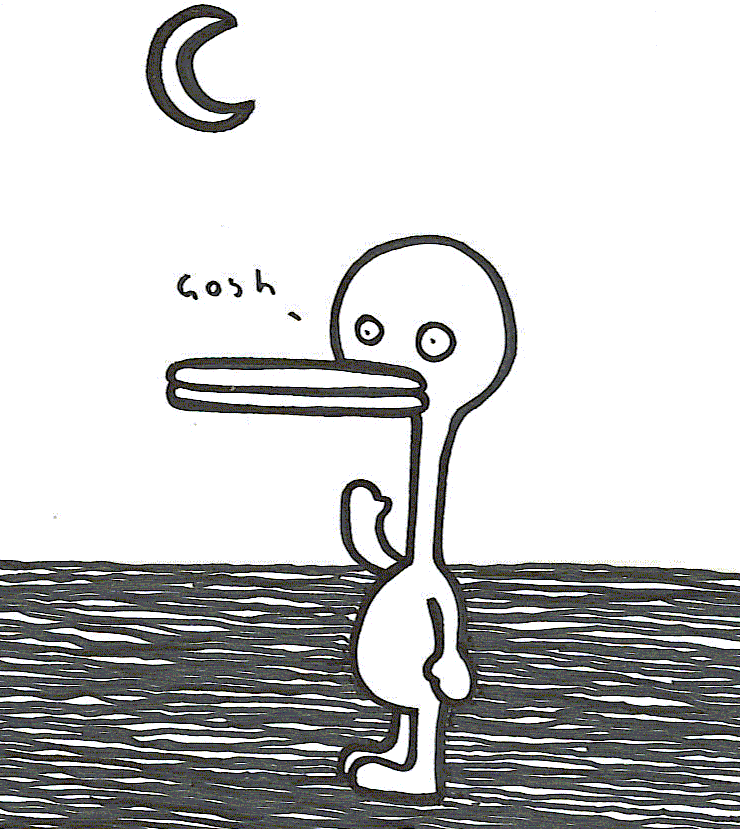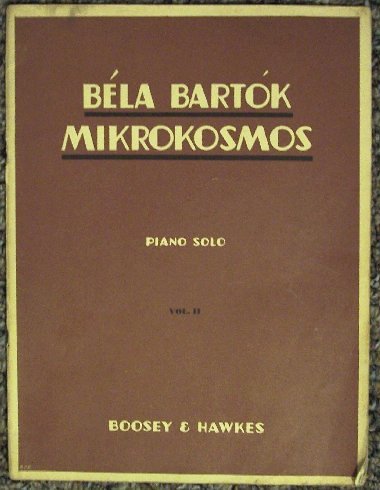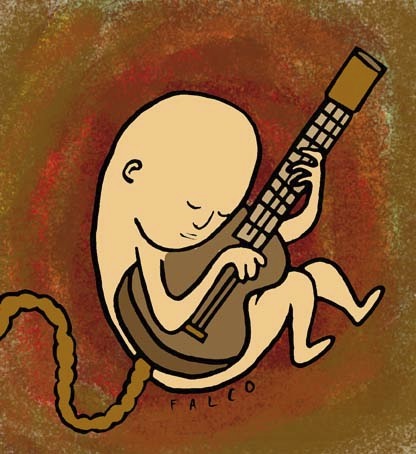
Woke up wondering if maybe I did play too loud on the street yesterday. I looked at the volume knob yesterday and it did seem higher than I thought it was.

I situated the amplifier behind me so that I could monitor the volume. But of course it was sitting on grass at my feet so it would absorb some of the initial impact.
I had a vision this morning of me putting on my work clothes (i.e. suit and tie) and putting my hair back in a bun and setting a flower in a vase on my piano next time.

Because it seems that the sounds I make are not near as important as people’s visual and gestalt impression that I am a dangerous homeless person.

I told Eileen last night that I would prefer to be identified with the marginal people in our society anyway. If there are lines forming please put me in the one with the losers, the outcasts, those who are shunned.

The trick here for me will be to force myself to go out and play on the streets again. It’s a moot question because I accidentally left my piano power cord hanging out the door and it is wrecked. So I will need a new one before I can play my electric piano again. Also it’s raining

and I have to do work today and take my Mom to the shrink.
On the upside, I received a phone call yesterday from a choir member telling me how much the music of Holy Week meant to her and thanking and complimenting me for my work.

It’s nice that she let me know. It’s nice to know that someone noticed although intellectually I am sure people do notice.
I am feeling a bit like a child who misbehaved this morning for some reason.

I usually take myself to task for feeling sorry for myself and lacking perspective and generally contributing to the nonsense that bothers me (like when a police officer asks me to turn down my music).

This is the downside of trying to take responsibility for my own actions and realizing that in any given situation one can only truly affect one’s self and one’s behavior not that of others.

I spent some time with Bartok yesterday.

Played entirely through the fourth volume of his Mikrokosmos. Like Bach’s 2 and 3 part invention, it boggles the mind that he wrote these six volumes for learners.

I even dreamed about the cool peasant music rhythms he uses.

I also worked on the jazz rhythms of Yellowjacket’s tune, “One Family.” I’ve always liked this tune and found its slow funky melody challenging to play and count consistently. It would make a great church prelude. I have a killer sax player who attends my church whose sweet tone would ring out on this piece. Now if I could just master it.

My understanding of what music is and why we play it is changing. If music is not a discrete composition or performance but a collection of these, then when we choose to learn and perform historical music (like Bartok or Jazz) we are actually not only recreating the piece but adding to it by our own use of it. Our understanding which is shaped by our lives contributes a unique portion of what makes up the entire piece itself.
This changes performance of historical music from museum stuff to living breathing art. I like that a lot.

I have asked numerous Jazz performers and professors why should we study and recreate the Jazz of the past? I ask the question because my understanding of Jazz history is that the style was always a moving target. It is a history of experimentation and music in the moment.

So when a young musician plays a great Jazz solo note for note that was spontaneously crafted by a practitioner he or she admires haven’t they changed the music from something that is free and alive to something that is trapped in amber?
But now I can answer my own question.
Every time a musician makes or remakes music she or he makes something unrepeatable and uniquely expressive of the music itself. So whether it is an original (whatever that is) improvisation or composition or an interp or even a note for note recreation of someone’s improvisation, there is a level at which the music is continuing to breathe, live, thrive and transform in the hands of the human making it.
I like this idea quite a bit.

Why do you go and play on the street?
“I have asked numerous Jazz performers and professors why should we study and recreate the Jazz of the past? I ask the question because my understanding of Jazz history is that the style was always a moving target. It is a history of experimentation and music in the moment.
So when a young musician plays a great Jazz solo note for note that was spontaneously crafted by a practitioner he or she admires haven’t they changed the music from something that is free and alive to something that is trapped in amber?
But now I can answer my own question.
Every time a musician makes or remakes music she or he makes something unrepeatable and uniquely expressive of the music itself. So whether it is an original (whatever that is) improvisation or composition or an interp or even a note for note recreation of someone’s improvisation, there is a level at which the music is continuing to breathe, live, thrive and transform in the hands of the human making it.
I like this idea quite a bit.”
I like that idea too. If I were better with words when you asked me, that is what I would have said. I hope you’re well, mon ami.
JVH
Dude.. thanks for checking out my old blogs….. I hope you are well….